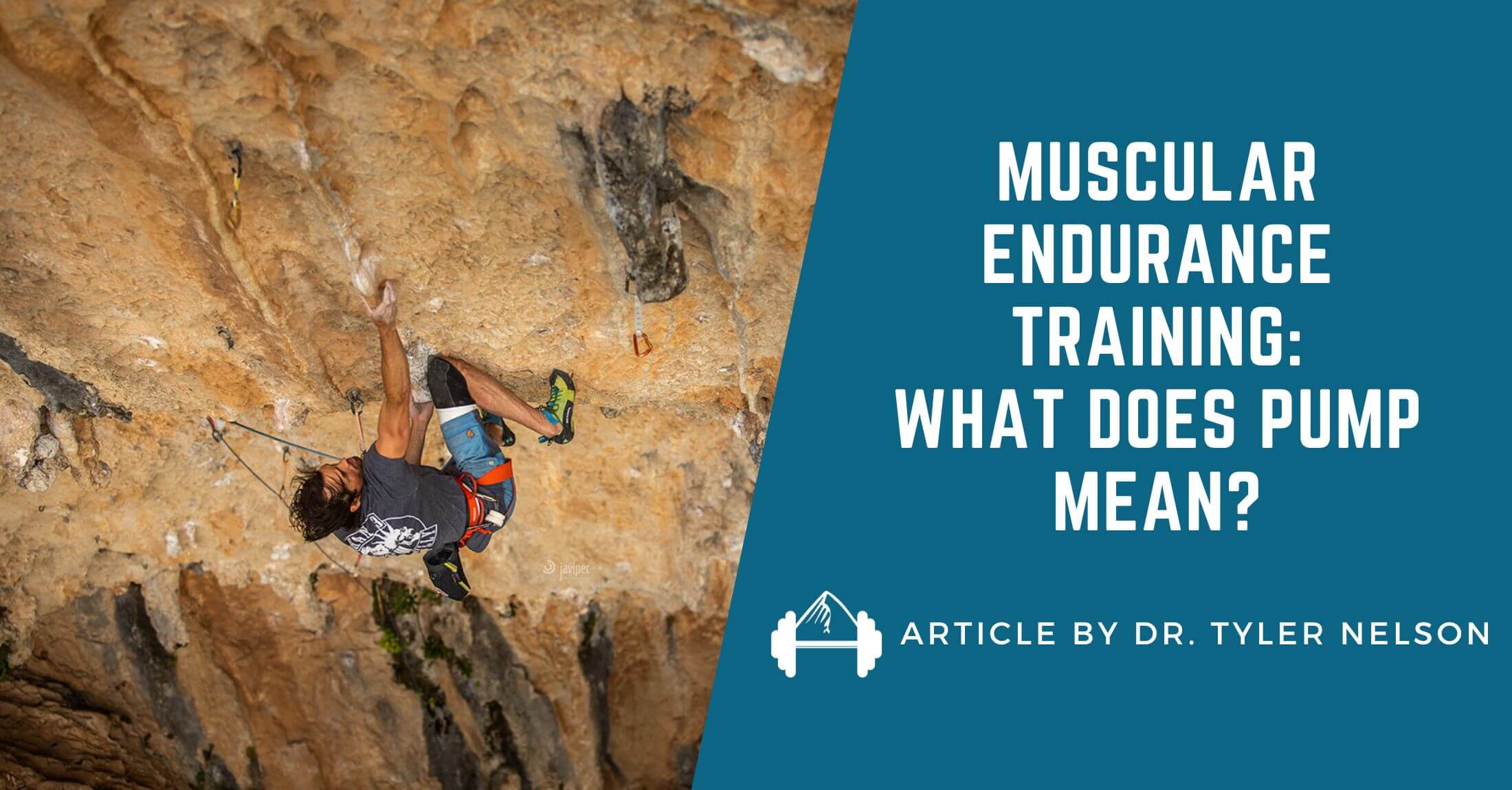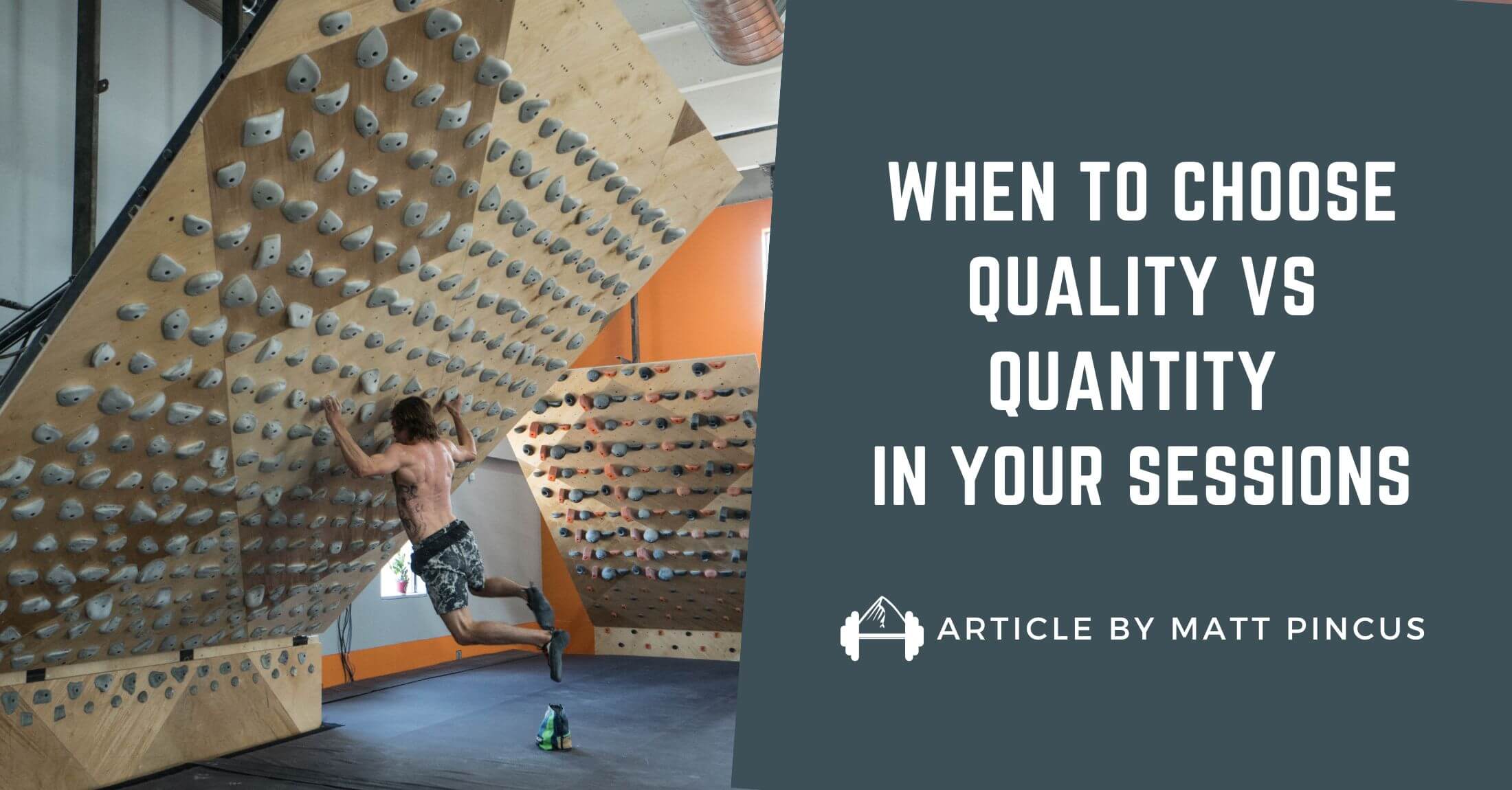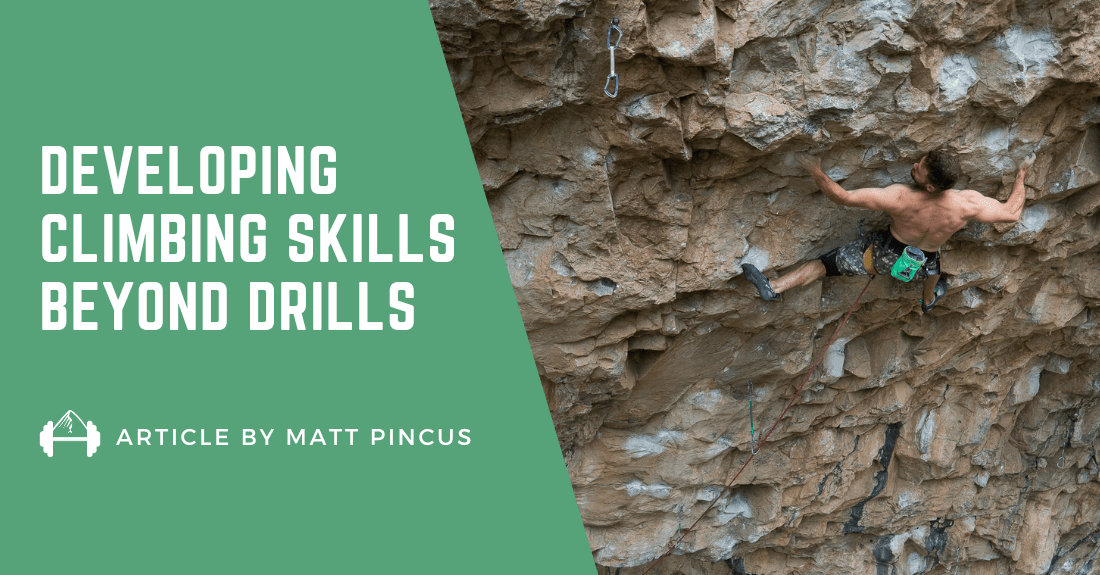Have you ever wondered why some climbers seem to be able to push through and send when things don’t seem to be going well, and other climbers who are just as strong simply crumble? Ultimately, the difference between these two types of climbers isn’t physical or simply that the climber succeeding is stronger. In reality, it all has to do with the mental tactics and head game.
Here’s an article from Climbing Magazine by James Lucas that contains advice from climbing coach Justen Sjong all about exactly what to focus on to improve your head game and concrete ways you can train your mental tactics.
“Ignoring a slightly misplaced foot, pushing past a nagging fear of gear failure, or ramping up the intensity to latch a small hold all require mental awareness. Arousal regulation and mental toughness are crucial for success on climbs at your limit. Knowing when to activate your mind and how to control it takes practice.” – James Lucas
Features of a Good Head Game:
In the article, Lucas and Sjong focus on two main features of the climbing mental game:
- Arousal regulation
- Mental toughness
Arousal regulation is all about learning when to try your absolute hardest and when to back off, conserve energy, and climb relaxed. As Lucas points out, on any given route or boulder problem, there are sections where you need to really push and those that require a calmer approach. The key to climbing effectively, according to Sjong, is learning to be present and be able to adjust your arousal levels to whatever the climb is throwing at you.
Mental toughness, on the other hand, is being able to ignore all the little errors that can happen during a climb. As Sjong puts it, you will never be able to climb completely perfectly. Mental toughness is learning how to deal with the inevitable minor errors you make and not let them snowball into bigger issues that lead to failure.
Ways to Practice Your Head Game:
While being able to regulate your arousal level on command and not let anything whittle down your mental toughness obviously sounds amazing, it’s easier said than done. To help you learn how to do so, Lucas and Sjong also outline ways you can actually train your head game just like you would train your endurance or finger strength. They range from drills like jumping rope before trying a hard boulder problem, to owning the mistakes you make on a climb and focusing on how you are going to move past them.
Click through below to read the complete article and learn more about how to train arousal regulation and mental toughness.
Full Article: Improve Your Head Game
(photo courtesy of climbing.com)
Other Articles You Might Like:
- Mental Training Made Simple with Neil Gresham
- TBP 034 :: Justen Sjong on Improving Your Mental Game
- Plateauing on Your Climbing Project? – Mental Tactics
- Don McGrath – Positivity Part II






Leave A Comment